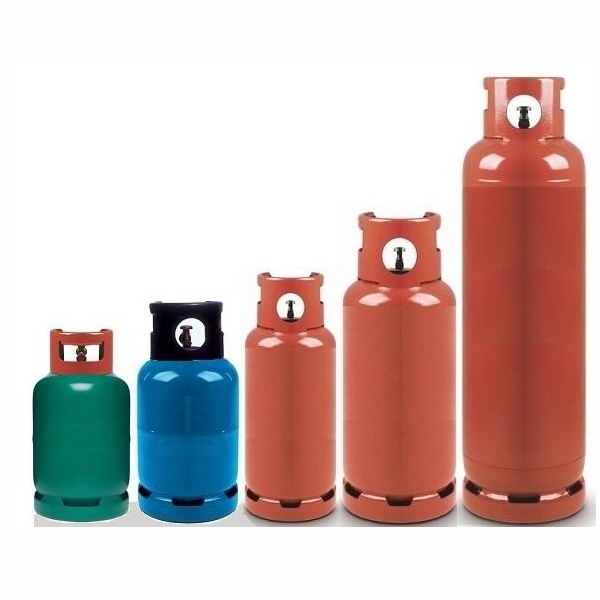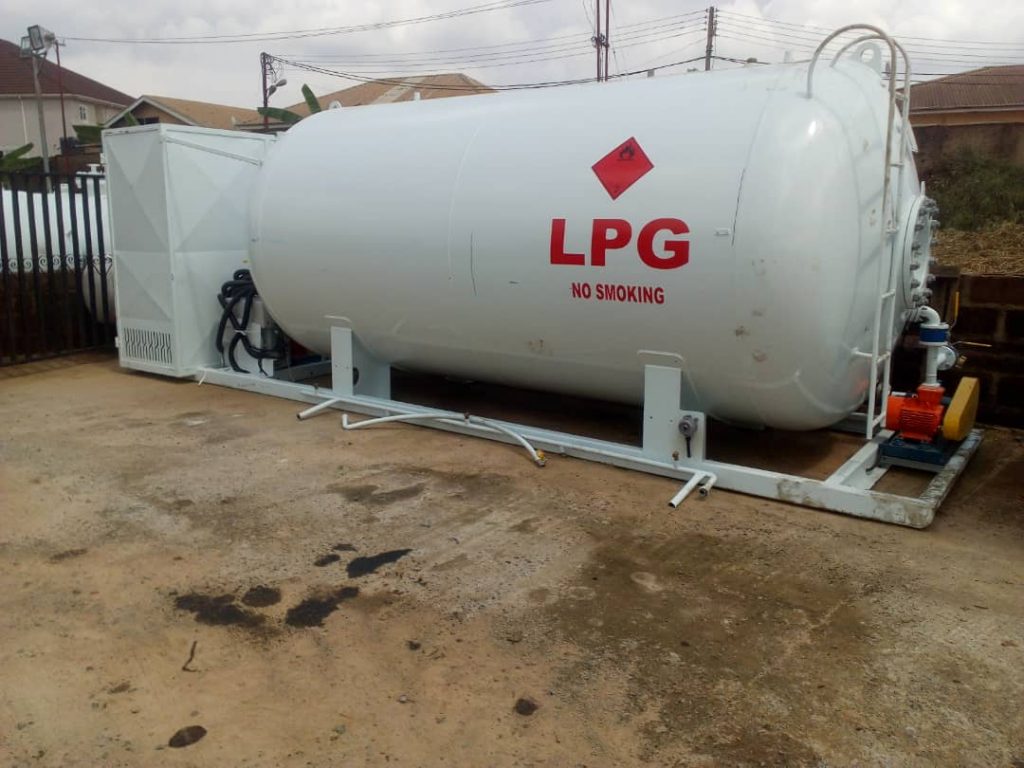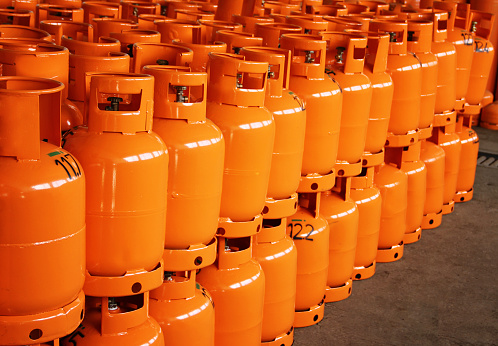After voluntarily agreeing to participate in the decision of OPEC and its non-members to cap oil production levels to stabilise price, Nigeria reaffirms commitment to the agreement in the face of fresh pressure. Chineme Okafor writes
After a December 2016 meeting in which Nigeria participated actively, the Organisation of Petroleum Exporting Countries and 11 non-OPEC member countries led by the Russian Federation, decided to cut their crude oil production levels by almost 1.8 million barrels per day. This was in a bid to support a market rebalancing effort that could shore up oil prices.
Exemption
At the meeting, it was agreed that the cuts would kick off in January 2017, but with Nigeria and Libya exempted from taking part because of the production disruptions they had in their respective oil fields. Oil production from both countries had witnessed intense disruptions from violent uprisings and militant activities and was below their respective OPEC production quotas. They were given the freedom to ramp up their production to their pre-agreement levels, after which additional outputs would be capped.
In reaching the agreement, OPEC stated that the global oil market had witnessed a serious challenge of imbalance and volatility mainly from the supply side, which also led to significant investment cuts in the oil industry. The cartel explained that the market conditions were counterproductive and damaging to both producers and consumers because it threatened the economies of producing nations, hindered critical industry investments, jeopardised energy security to meet growing world energy demand, as well as challenged oil market stability as a whole.
It asked its members to lead in the market rebalancing effort, and they all agreed to shave off approximately 1.2 million barrels per day (bpd) from its daily production volume, bringing it to 32.5mbpd.
Deal
In the deal, it was agreed that Algeria will have to shave off about 50,000bpd to produce 1.039mbpd; Angola will do 1.673mbpd, from 1.715mbpd; Ecuador, 522,000bpd, from 548,000bpd; Gabon, 193,000bpd from 202,000bpd; Iran, 3.797mbpd, from 3.975mbpd; Iraq, 4.351mbpd, from 4.561mbpd; and Kuwait, 2.707mbpd, from 2.838mbpd.
Other members like Qatar will also do 618,000bpd, from 648,000bpd; Saudi Arabia, 10.058mbpd, from 10.544mbpd; United Arab Emirates (UAE), 2.874mbpd, from 3.013mbpd; and Venezuela, from 2.067mbpd down to 1.972mbpd.
While Nigeria and Libya were left out for their peculiar challenges, the exciting part of the deal was, perhaps, the decision of non-OPEC producers to partake in it by implementing an almost 600,000bpd production cut.
An OPEC statement at the time indicated the cartel’s recognition that there was an on-going reduction in the stock overhang, and so it decided to implement a new production target of 32.5mbpd to accelerate the stock overhang drawdown and then bring the oil market rebalancing forward.
Pressure
But months after extending the deal and the exemption for Nigeria and Libya, some members of the cartel suddenly began to request that Nigeria should come into the deal. This was despite the fact that the country’s production levels were still below the 1.8mbpd mark it gave as its threshold to participate as against the 2.2mbpd it produced in the OPEC quota before the disruptions.
The members based their request on reports that a rise in production levels for a fourth-straight month in July had occasioned rising output from Nigeria and Libya. Yet, records showed that many countries participating in the deal were pumping oil above the levels they agreed.
Firm Resolve
But reacting to the claim and calls for its entry into the deal, Nigeria firmly condemned the fresh pressures, which appeared like a deliberate arm-twisting tactics by some members of OPEC to cut short its exemption. It also stated its loyalty to the pact, hence, its decision to cap output at 1.8mbd against 2.2mbd.
Nigeria’s oil minister, Dr. Ibe Kachikwu, who was also very instrumental to the success of the pact, repeatedly stated that the country’s production level was still below 1.8mbd, and often still unstable. He affirmed that at the right time, the country would come into the deal.
Kachikwu explained that Nigeria’s exemption from the deal was good, but said equally good was the country’s decision to accept a cap below its original quota, adding that the incidence of militancy in the Niger Delta took a huge toll on its production level. He noted that actual oil production minus condensates was still below 1.6mbd, mostly, indicating that information on the country’s production available to member countries of the cartel were, perhaps, without these details.
Notwithstanding the country’s explanations, the call for its abrupt participation has kept showing up, with the latest been from Venezuela.
To address this, Kachikwu, in a recent interaction with journalists in Abuja, made it known that at the expiration of Nigeria’s crude-cut exemption in March 2018, the country would seek further exemption.
Acknowledging, however, that it was magnanimous of OPEC to have recognised that the government came in with difficulties and voluntarily gave the exemption, he explained that country’s production stability was still an issue to be considered.
Kachikwu stated, “So, the question is, when do we join? But I will recognise stability if I can consistently say that for at least six months I’ve seen average daily productions that are within the umbrella of 1.8 million barrels.
“The market is still topsy-turvy; today I think we are around 1.6mbd. I have obviously a mark of March next year; if I need to draw it up to that point, I will.”
He said if the production numbers showed stability and “we are fine before then,” Nigeria would join the output cap.
The minister stressed, however, that it was already September, and March was only six months away. “It’s very unlikely that I can see stability that convinces me with certainty and predictability that I should exit the exemption between now and March.”
Insisting that Nigeria would not jeopardise the pact, Kachikwu stated, “We are going to be very transparent on this; I am the ex-OPEC President, we have the OPEC Secretary-General from Nigeria. So, my intent definitely cannot be to play games with this but at the same time we have to be very realistic.”
He further explained, “We are committed to the OPEC position; we are committed to the cut principles. We will do our best to align as soon as our colleagues begin to feel that we are stable enough. I, however, found, working with Russia, working with Saudi Arabia and all the other OPEC members, that they usually will be very honest in terms of looking at the data. They have their own secondary sources to determine what it is that we produce and they are able to see what the numbers are.”




